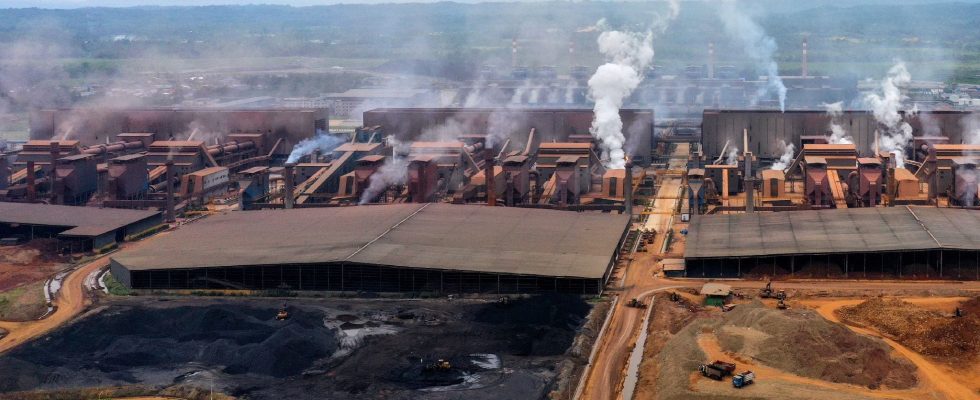On Monday, November 13, the EU approved a draft regulation to secure supplies of raw materials essential to European industry and reduce its dependence on China, by facilitating their extraction in Europe and diversifying international partnerships. The 27 member states and the European Parliament have agreed to strengthen the Commission’s initial proposal, unveiled in March, with a view to improving the strategic autonomy of the Old Continent.
The materials targeted are in particular those used in the manufacture of batteries, wind turbines, or munitions. The regulation establishes a list of 17 strategic raw materials such as cobalt, nickel and aluminum for which it sets quantified objectives. By 2030, the EU must be able, for each of these materials, to provide on its territory at least 10% of extraction needs, 40% of transformation and 25% of recycling.
Assessment of shortage risks
To achieve this, the regulation recommends simplifying and speeding up procedures. Thus, the time limit for granting a permit should not exceed 27 months for extraction projects and 15 months for processing and recycling projects. The text also provides that the EU must not depend on a single third country for more than 65% of its needs in each of these raw materials.
Furthermore, large companies affected by shortage risks will have to regularly assess these risks for their supply chain. The European Commissioner for Industry, Thierry Breton, welcomed on Monday evening the agreement on this project which he presented on March 16.
“From green and digital technologies to defense and aerospace, the demand for strategic raw materials is growing rapidly,” he stressed. In addition to developing extraction on its territory, the EU will continue “to seek global partnerships to diversify (its) sources of supply,” he explained.
Partnerships with Africa and America
The European Union intends to establish cooperation with partner countries, particularly in Africa, Latin America and North America. The EU wants to better defend its commercial interests since the Covid crisis, which disrupted global supply chains, and especially since the war in Ukraine which revealed its dependence on Russian gas and raised doubts about the reliability of gas. China.
Beijing has a “geopolitical tool” with “its near-monopoly on rare earths”, Thierry Breton recalled in March. The text must still be formally approved by MEPs in plenary session, as well as by the EU Council which brings together member countries.
